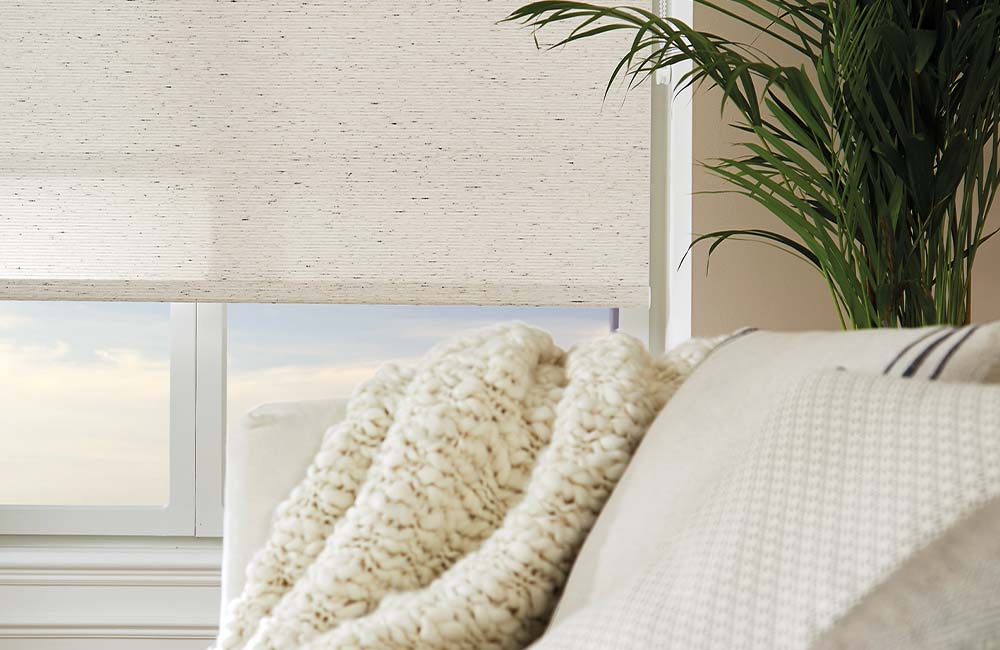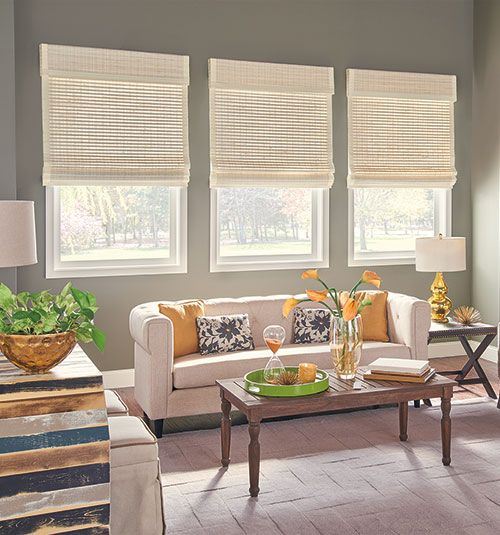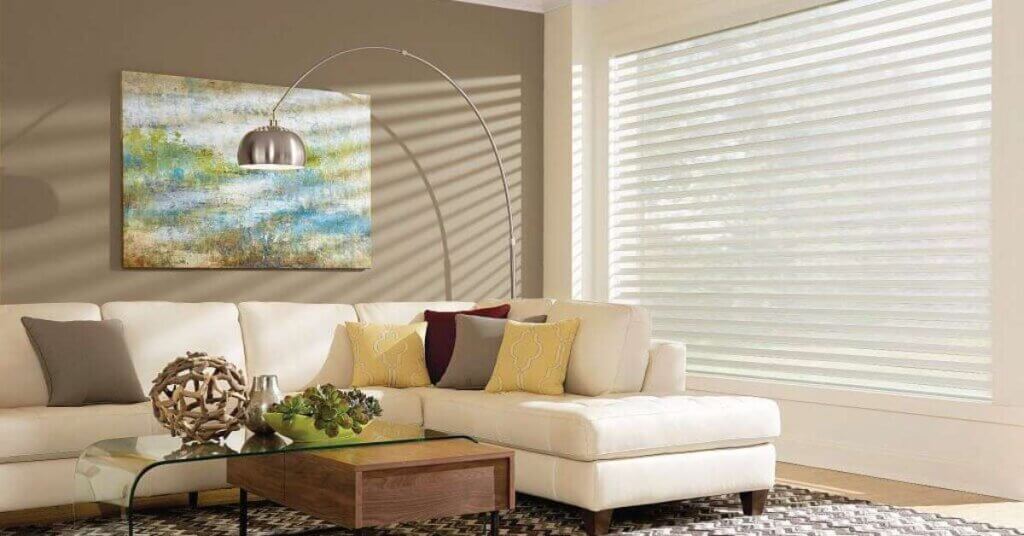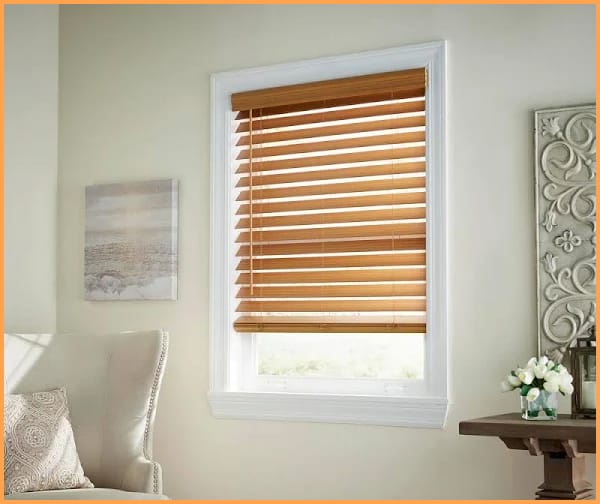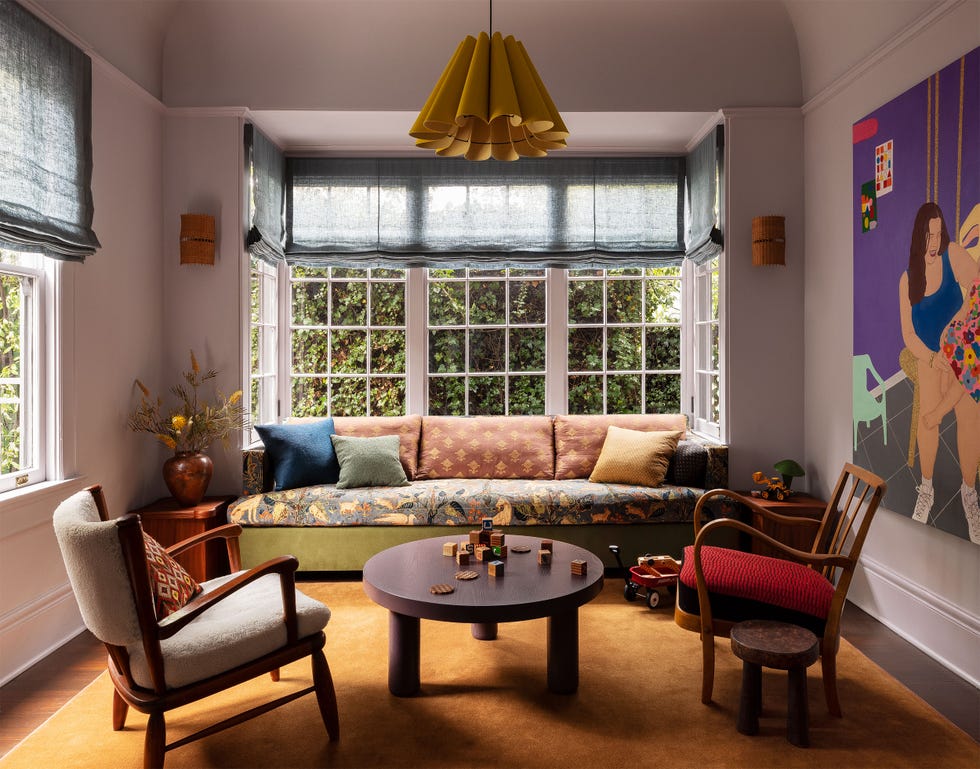
Windows are the eyes of your home, and just like eyes, they need the right treatment. Choosing the perfect shades for a window can transform any space, offering a blend of functionality and aesthetic appeal. Whether you’re aiming for a cozy, dimly lit bedroom or a bright, airy living room, the right window shades can make all the difference. This comprehensive guide will walk you through the various types of shades, materials, and considerations to help you make an informed decision.
Understanding the Basics of Window Shades
Before diving into the specifics, let’s understand why window shades are essential. They provide:
- Light Control: Adjust the amount of sunlight entering your room.
- Privacy: Shield your interior from prying eyes.
- Insulation: Help regulate room temperature.
- Style: Enhance your home’s décor.
Types of Window Shades
Roller Shades
Roller shades are a classic choice, known for their simplicity and versatility. They consist of a single piece of fabric that rolls up and down. They are excellent for a clean, minimalist look and come in a vast array of fabrics and opacities.
Roman Shades
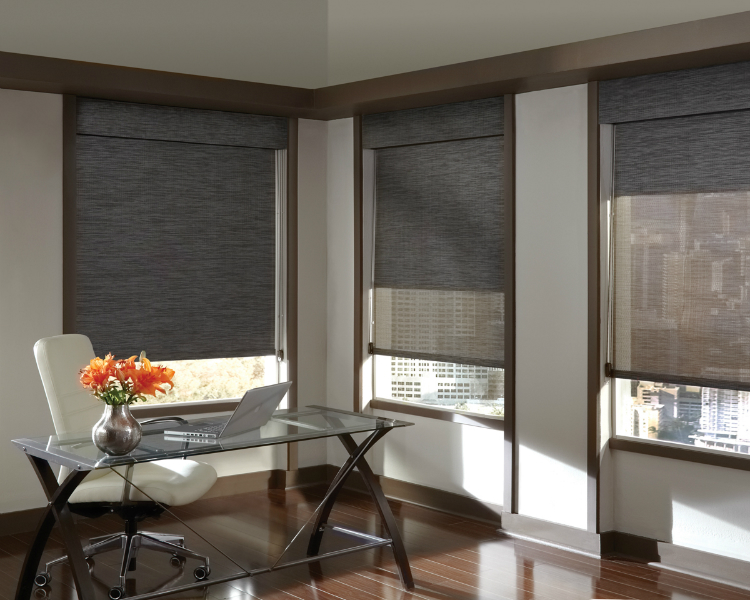
Roman shades offer a more sophisticated and elegant look. They fold into neat pleats when raised and lie flat when lowered. These shades add texture and depth to any room, and they can be customized with various fabrics and patterns.
Cellular Shades (Honeycomb Shades)
Cellular shades, also known as honeycomb shades, are designed with unique honeycomb-shaped pockets that trap air, providing excellent insulation. They are energy-efficient and offer superior light control and privacy.
Solar Shades
Solar shades are designed to block UV rays and reduce glare while maintaining your view of the outside. They are perfect for rooms with a lot of sunlight and are often used in offices and commercial spaces.
Sheer Shades
Sheer shades combine the softness of fabric shades with the functionality of horizontal blinds. They feature fabric vanes suspended between two sheer fabric layers, offering a gentle, diffused light.

Choosing the Right Material
The material of your window shades plays a crucial role in their functionality and appearance. Consider these options:
- Fabric: Offers a wide range of textures and colors, from light and airy to thick and opaque.
- Vinyl: Durable and easy to clean, suitable for kitchens and bathrooms.
- Bamboo: Provides a natural, eco-friendly look.
- Solar Screen: Blocks UV rays and reduces glare.
Factors to Consider When Choosing Window Shades
Room Function
The purpose of the room will influence your choice. Bedrooms might require blackout shades for better sleep, while living rooms may benefit from light-filtering shades.
Window Size and Shape
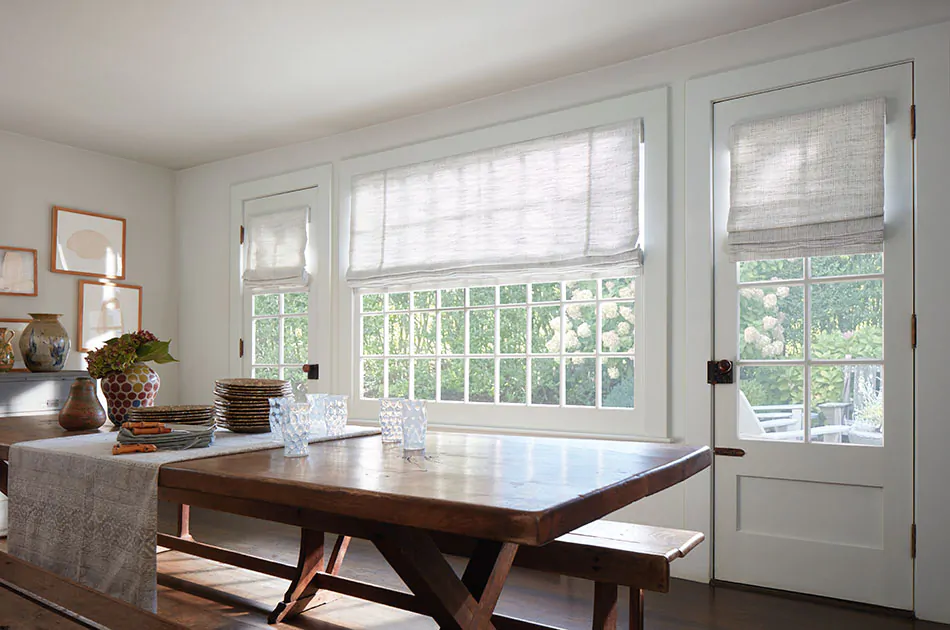
Consider the size and shape of your windows. Custom shades may be necessary for unusually shaped windows.
Light Control Needs
Determine how much light you want to let in. Some shades offer complete blackout, while others allow diffused light.
Privacy Requirements
If privacy is a concern, opt for opaque or blackout shades.
Style and Décor
Choose shades that complement your home’s interior design.
Budget
Set a budget and explore options within your price range.
Installation and Maintenance
Proper installation is essential for the functionality and longevity of your window shades. You can choose to install them yourself or hire a professional. Regular cleaning and maintenance will keep your shades looking their best.
Conclusion
Selecting the right shades for a window is a significant decision that impacts both the functionality and aesthetics of your home. By understanding the different types of shades, materials, and considerations, you can create a space that is both beautiful and comfortable. Take your time, explore your options, and choose the shades that best suit your needs and style.
